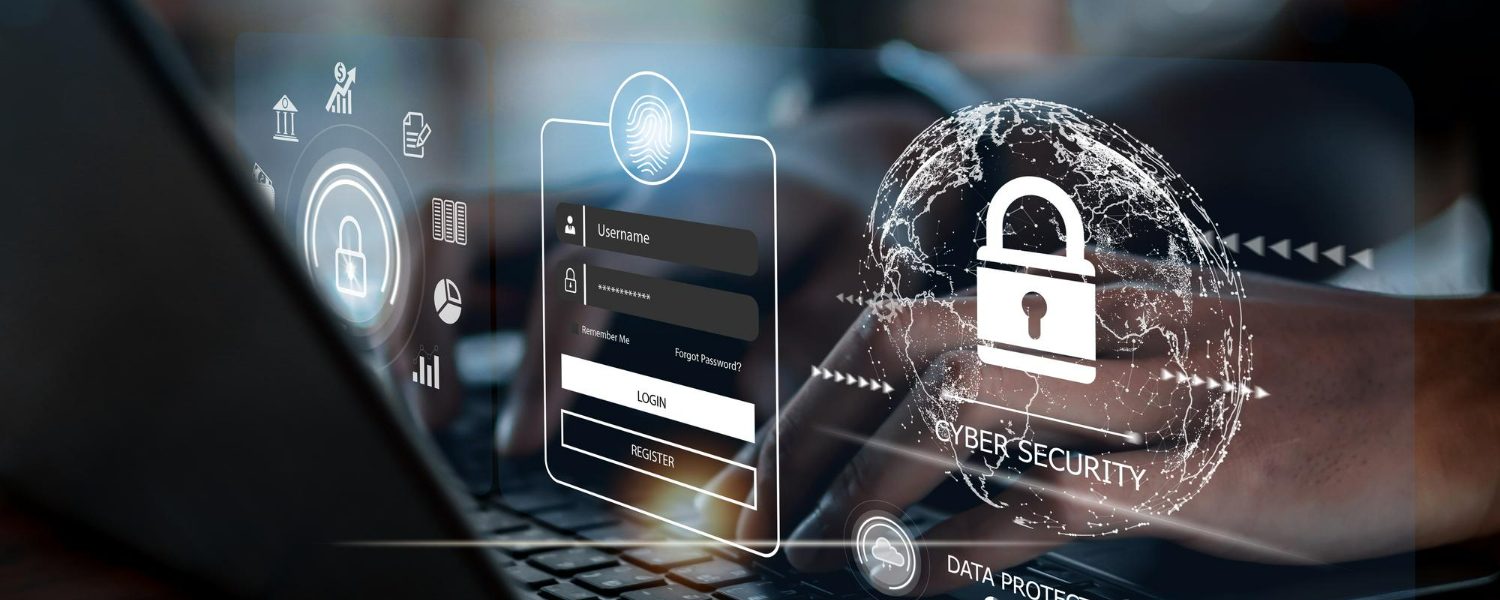Learning at work week: cybersecurity specialist shares his top tips to help stay one step ahead of the hackers.
A leading cybersecurity specialist has shared his tips on how to avoid falling victim to hackers following reports of a big upswing in the number of attacks on financial services firms.
Research by law firm Reynolds Porter Chamberlain showed the number of data breaches reported by financial firms increased threefold from 187 in 2022 to 640 last year.
According to an analysis of data gathered by the Information Commissioner’s Office, the pensions sector saw the biggest increase with a 4,000% increase in reported data breaches.
It is thought criminals are targeting the pensions sector because of the vast amount of valuable and sensitive information that are held by schemes.
The need for firms to pay pensioners without disruption also makes them attractive targets for ransomware gangs.
Greg Buchanan, Technical Director of the Connectus Group, has now issued three tips that can help firms stay a step ahead of the hackers:
Speaking during Learning At Work Week, and outlining his tips, Greg said: “There is no such thing as a totally bulletproof solution to cyberhackers. But by following these three tips you will hugely boost your chances of not falling victim.”
Here are Greg’s three tips:
Password Management: In today’s UK cyber security threat landscape, organisations face various challenges such as phishing, ransomware, data breaches, and identity theft. These threats can compromise the security and privacy of organisations and their customers, as well as cause financial and reputational damage. One of the most common and effective ways to prevent these threats is to use a password manager, such as Keeper for Enterprise, that can help organisations create and manage strong and unique passwords for all their accounts and applications. Central Password Management is a secure and easy-to-use solution that helps organisations protect their data and improve their productivity by allowing numerous assigned people multi factor authentication for shared services. An example being remote connections to customer/supplier environments. It enables organisations to create, store, and share strong passwords, encryption keys, and other sensitive information across devices and platforms.
Media Intelligence: Forewarned is forearmed – I recommend keeping abreast of what threats are live in the world which would form a great method of keeping your staff aware of the landscape in front of them. There are several areas that can provide you with current and ongoing threat information, here are just a few that I personally use:
>Wired is a magazine and website that covers technology, culture, business, and politics with a focus on innovation and impact. It features in-depth reporting, analysis, and commentary on the most important stories and developments in cyber security, as well as interviews, reviews, and podcasts.
>The Hacker News: This is a website and newsletter that provides the latest news and insights on hacking, cyber attacks, malware, vulnerabilities, and cyber security. The Hacker News covers both technical and non-technical aspects of cyber security, and features expert opinions, tips, and resources.
>Krebs on Security: This is a blog and podcast that is run by Brian Krebs, a former >Washington Post reporter and one of the most respected and influential journalists in the cyber security field. It is known for its investigative reporting, scoops, and exposés, and often collaborates with law enforcement and security researchers to track down and expose cyber criminals.
Sleight of Hand: One of the ways to improve your productivity and efficiency on Windows is to use keyboard shortcuts. These are combinations of keys that perform certain actions without using the mouse. Keyboard shortcuts can save you time, reduce hand strain, and make your work more accurate and consistent, it will also make you look like a tech wiz to your friends and colleagues. Some of the most useful keyboard shortcuts to use in Windows 11:
Windows key + L: Lock your PC or switch accounts, important when in a shared space to prevent people accessing your data when absent from your screen.
Windows key + M: Minimise all open windows and show the desktop.
Windows key + S: Open Search, where you can find apps, files, settings, web results, and more.
Windows key + Tab: Open Task View, where you can see and switch between your open windows and virtual desktops, especially useful when working on single monitors/laptops and having to reference multiple programmes.




